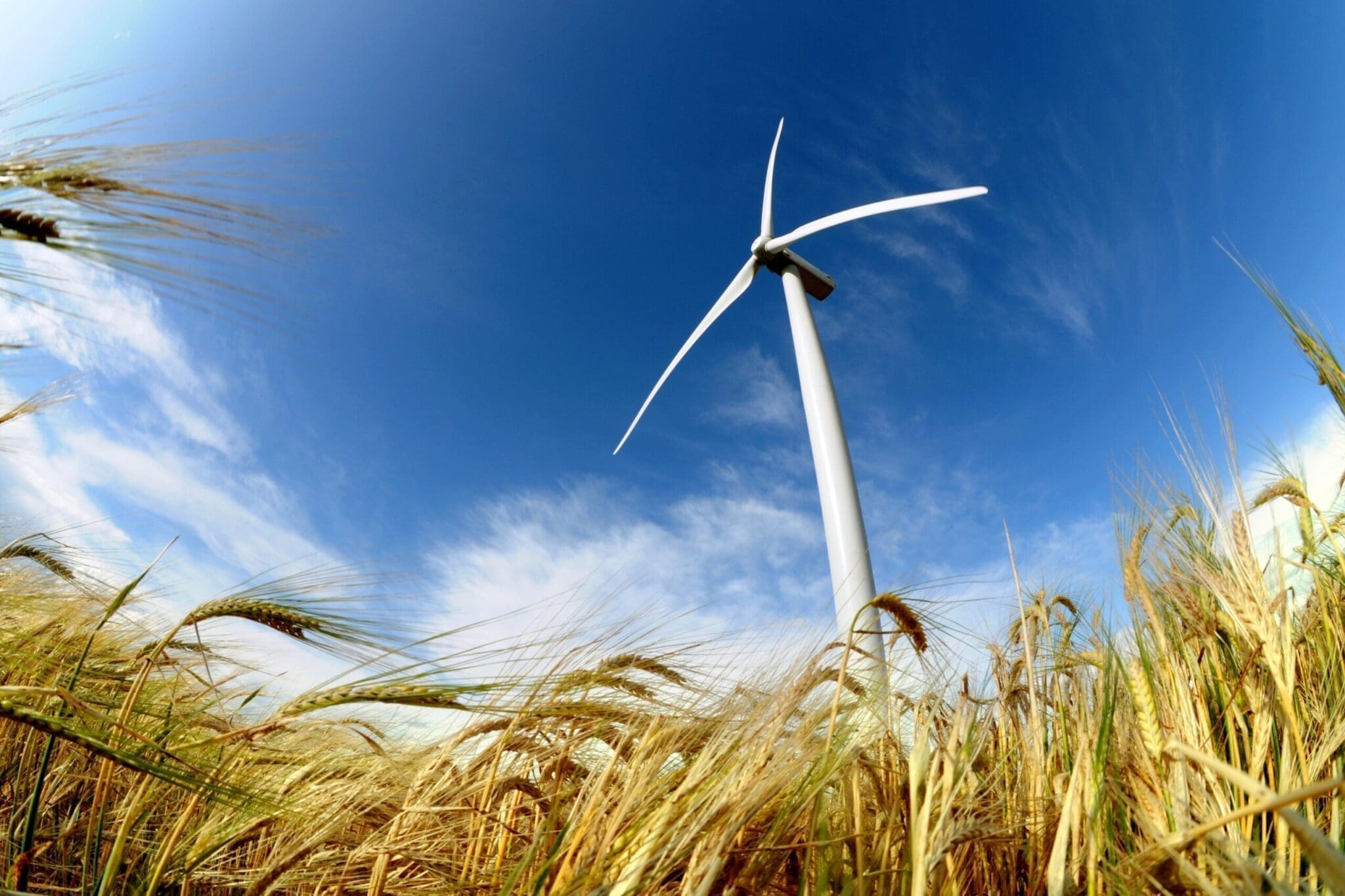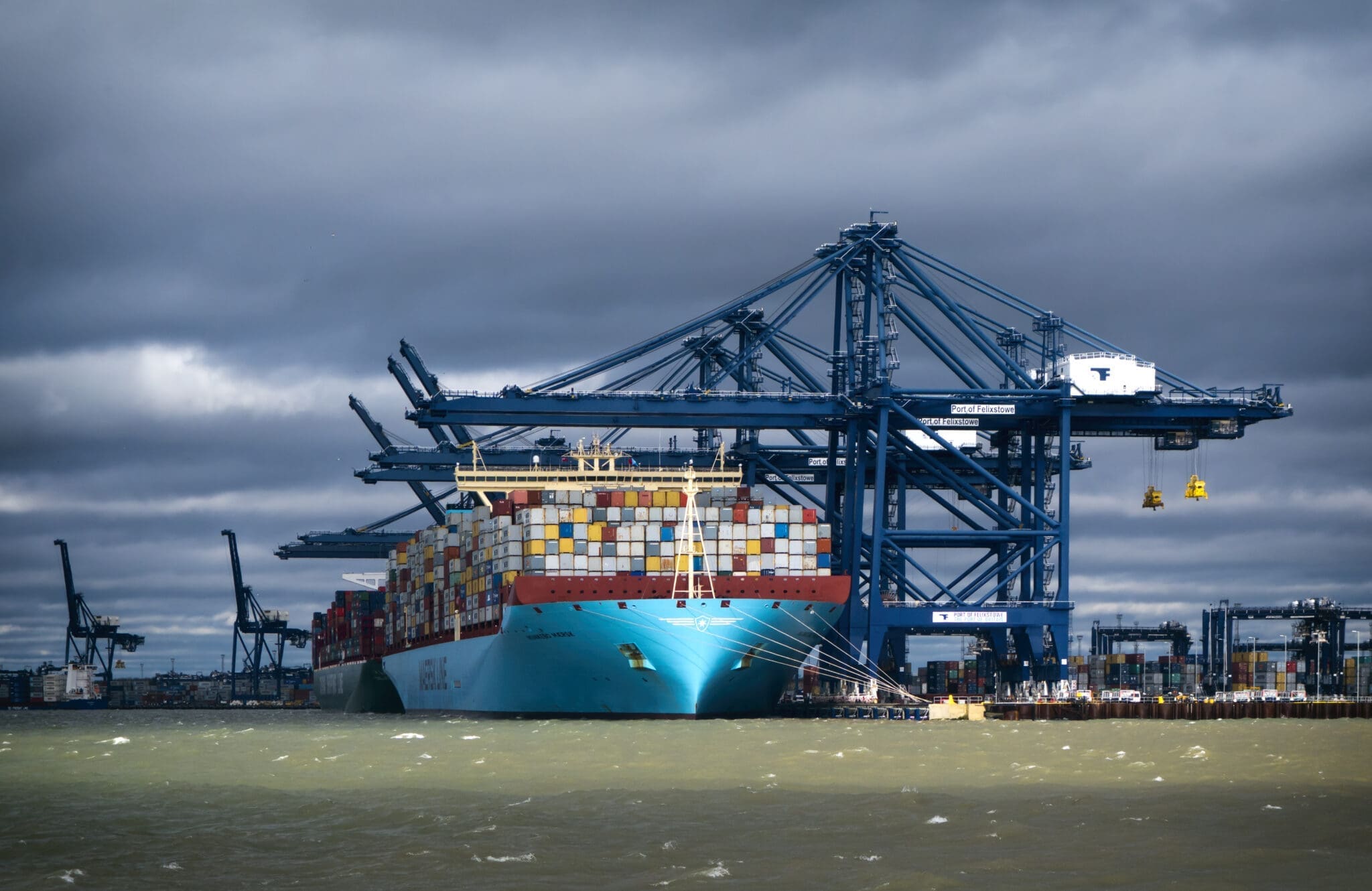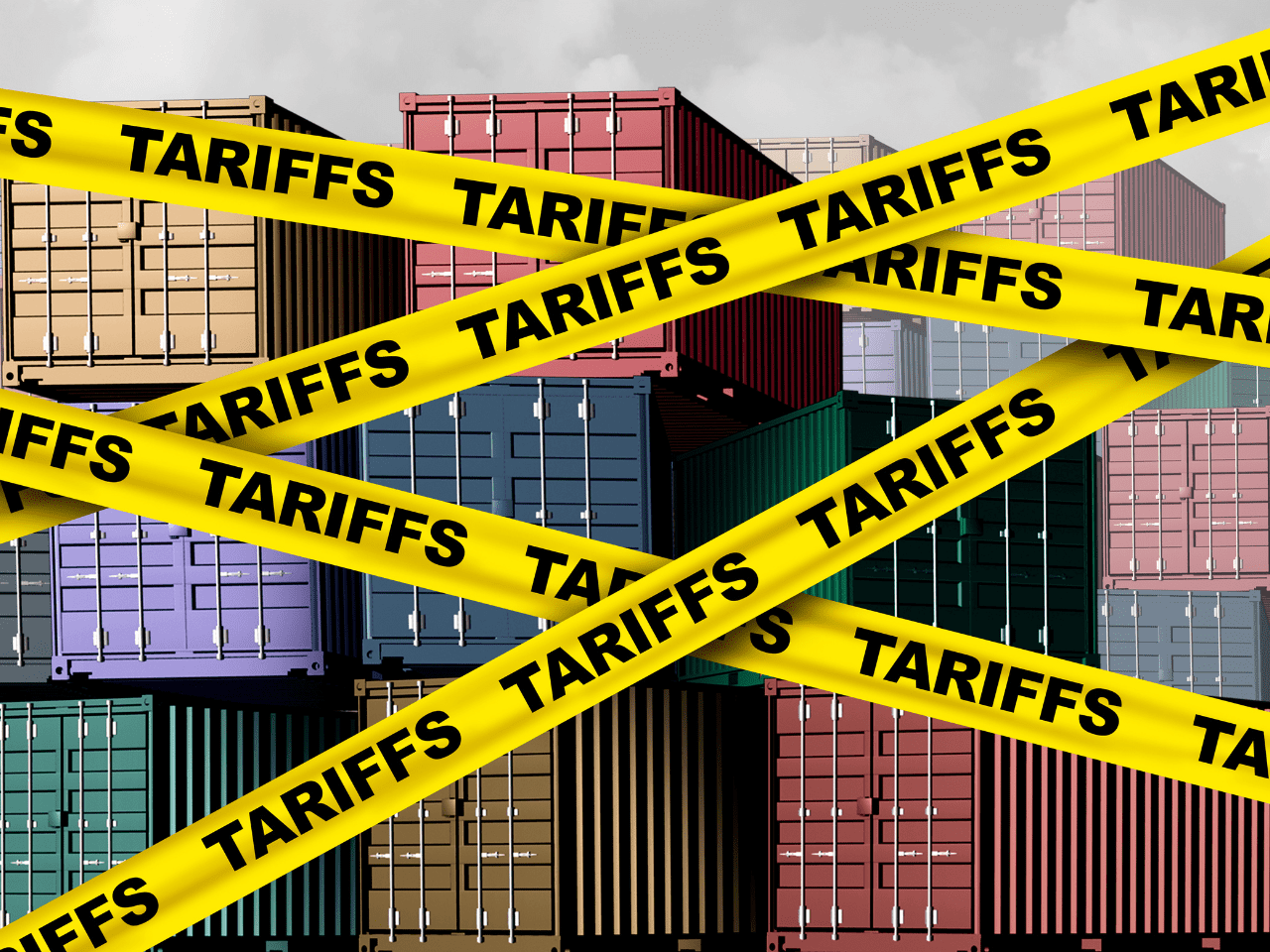The Twin Challenges in Canadian Renewables
Canada is advancing its renewable energy goals, aiming to achieve a net-zero electricity grid by 2035, as outlined by the federal government’s Clean Electricity Regulations. Central to this ambitious goal are wind energy, solar power, and energy storage projects. However, two critical challenges threaten to derail progress: material scarcity and infrastructure delays.
The renewable energy sector is grappling with a growing demand for critical minerals such as lithium, cobalt, and rare earth elements. Compounding the issue, infrastructure bottlenecks, from grid modernization to energy storage deployment, hinder the pace of development. These connected issues risk delaying projects and escalating costs, jeopardizing Canada’s renewable energy ambitions.
This article explores the twin challenges of material shortages and infrastructure delays, highlighting their impact on Canada’s renewable energy supply chain and proposing solutions to ensure sustainable and ethical progress.
Global Demand for Critical Materials: A Growing Crisis
The global renewable energy transition is driving unprecedented demand for critical minerals and materials. According to the International Energy Agency (IEA), clean energy technologies now account for over 40% of global demand for copper, lithium, and cobalt. This figure is expected to rise significantly by 2040. Rare earth elements, vital for wind turbines and solar panels, are also in increasingly short supply.
Canada is uniquely positioned as a resource-rich nation with abundant reserves of critical minerals. For example, Quebec’s James Bay region holds vast lithium deposits, while Ontario is a leading producer of cobalt. These resources play an important role in supporting renewable energy infrastructure development. While this is true, Canada lacks the refining and processing capacity to meet growing domestic and international demand.
This refining gap forces Canadian renewable energy projects to rely heavily on global supply chains. For instance, over 60% of global rare earth elements are sourced and processed in China. This creates a significant dependency that exposes projects to price fluctuations and geopolitical risks. This dependency also extends to wind energy and solar supply chains. Many key components must be imported, adding logistical complexity and higher costs for developers.
The scarcity of materials also raises concerns about ethical sourcing. Conflict minerals and unsustainable mining practices are persistent risks when supply chain transparency is lacking. Achieving ESG compliance and securing stable procurement will require investment in domestic manufacturing and stronger partnerships between governments, developers, and suppliers.
Infrastructure Delays Compounding Supply Chain Challenges
Delays in renewable energy infrastructure are slowing Canada’s clean energy progress. As the country moves to integrate more wind and solar power into its grid, bottlenecks in grid modernization, energy storage deployment, and permitting processes are creating roadblocks for developers.
According to the Canada Energy Regulator, electricity demand is expected to double by 2050. Electrification and the rapid growth of renewable energy projects drive this. Grid modernization is essential to accommodate intermittent energy sources like wind and solar, yet aging infrastructure and limited investment have created significant bottlenecks.
Energy storage projects face similar delays. A 2023 study by the Canadian Renewable Energy Association (CanREA) highlights that energy storage projects are often delayed due to lengthy approval timelines and regulatory hurdles. Deployment also remains insufficient to meet clean energy targets.
Policy misalignment also contribute to project delays. For example, Alberta recently announced a six-month suspension on new renewable energy projects highlights the need for coordinated regulatory frameworks.
Canada’s vast geography and low population density also complicate logistics, increasing costs and timelines for transporting materials to remote project sites. Additionally, a renewable energy skills gap contributes to labour shortages, further delaying infrastructure development.
These infrastructure issues, intertwined with material bottlenecks, create a cycle of rising costs and prolonged project timelines that threaten Canada’s renewable energy supply chain.
Sourcing Materials Sustainably: Ethical and Conflict-Free Procurement
As the renewable energy sector grows, ensuring an ethical and sustainable supply chain is essential to meeting Environmental, Social, and Governance (ESG) goals. Many critical materials used in renewable energy infrastructure, such as cobalt and rare earth elements, are associated with conflict minerals and environmentally harmful extraction practices.
Canada’s Critical Minerals Strategy emphasizes sustainable supply chain sourcing, including commitments to ethical mining practices and partnerships with Indigenous communities. Companies must leverage these frameworks to reduce risks associated with sourcing materials for renewable energy procurement.
Achieving a sustainable supply chain means robust supplier verification and monitoring systems. Solutions such as Achilles Supply Chain Due Diligence and Pre Qualified Supplier Network connect developers with ethical suppliers. This supports reducing the risk of conflict minerals entering the supply chain. These platforms also provide transparency and visibility, enabling renewable energy projects to align with global ESG requirements.
Securing Canada’s Renewable Energy Future
Canada has the resources and ambition to lead the global renewable energy transition, but material scarcity and infrastructure delays pose challenges. Rising demand for critical materials, combined with gaps in refining, manufacturing, and logistics, exposes renewable energy projects to supply chain risks. Delays in grid modernization, energy storage deployment, and permitting further threaten progress toward clean energy goals.
Addressing these challenges requires a proactive, collaborative approach. Investing in domestic manufacturing and refining capacity can reduce reliance on global supply chains. Adopting sustainable supply chain management practices ensures ethical and conflict-free procurement.
Canada’s renewable energy sector is at a crossroads. By overcoming these material and infrastructure bottlenecks, the industry can secure a sustainable, competitive future and drive meaningful progress toward achieving net-zero goals.
Contact Achilles today for support with sustainable supply chain management





